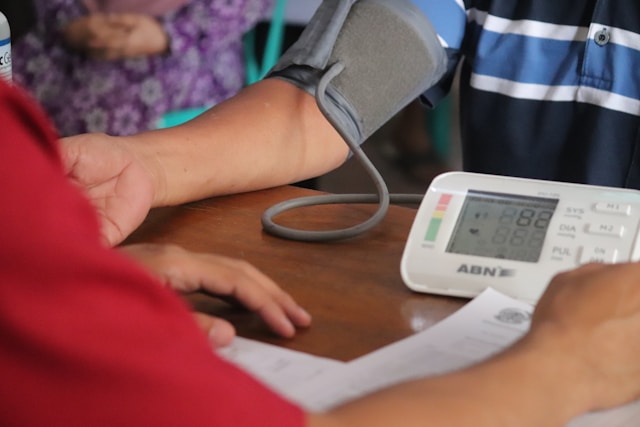Back
Dec 2, 2023
Immune health

Gabriella Florence | Sports Scientist
Believe it or not, simply living exposes you to harmful organisms every single day. So why don’t you fall ill at every moment? Because of your immune system, that’s why!
Your immune system safeguards your health by recognising and eliminating harmful invaders, such as bacteria, viruses, abnormal cells, and parasites. Attending to these safeguarding duties are your white blood cells or “leukocytes”. You have various types, each with its own specialised role to play:
Basophils and mast cells release chemicals that mediate inflammation and allergic responses.
Neutrophils ingest and destroy invaders.
Eosinophils destroy invaders, particularly antibody-coated parasites.
Monocytes and macrophages present antigens and ingest and destroy invaders.
Lymphocytes and plasma cells have specific responses to invaders by producing antibodies.
Dendritic cells recognise pathogens and activate other immune cells by presenting antigens.
A well-functioning immune system and survival go hand-in-hand. The Centers for Disease Control and Prevention list six ways to safeguard your immune health:
1. Eat healthy nutrient-dense foods.
Consuming sufficient vitamins and minerals is essential for your immune cells to perform their important roles. Be sure to get enough vitamin A, vitamin E, vitamin C, selenium, and zinc in your diet - think fruits, vegetables, lean proteins, and whole grains. Don’t forget to drink plenty of water too.
2. Do enough exercise.
Engaging in regular moderate physical exercises enhances your immunosurveillance (the process of looking for and recognising invaders and abnormal cells), strengthening your immune response and lowering your susceptibility to colds, flu, and other infections. Just be careful not to overdo it. Extreme exercise decreases your immune defenses for a day or two.
3. Maintain a healthy weight.
Well-established research links obesity to an impaired immune response. However, consuming enough is equally important, especially with increased energy demands while fighting an infection.
4. Prioritise 7-9 hours of good quality sleep each night.
Insufficient sleep hinders your ability to fight infections, significantly increasing your susceptibility to colds and flu.
5. Avoid smoking.
Aside from the extensive list of major diseases associated with smoking cigarettes, smoking also alters the production and function of several immune cells, weakening your immune response to invaders.
6. Limit alcohol consumption.
While light alcohol consumption has no significant effect on your immune health, consuming heavy quantities (even acutely) can reduce your lymphocyte count, increasing your susceptibility to bacterial and viral infections.
Take care of your immune system so that it can take care of you.












